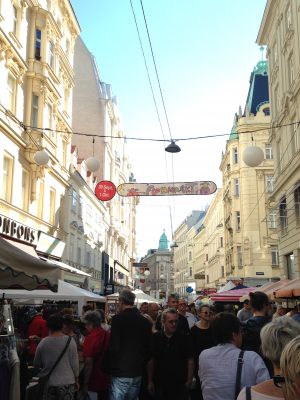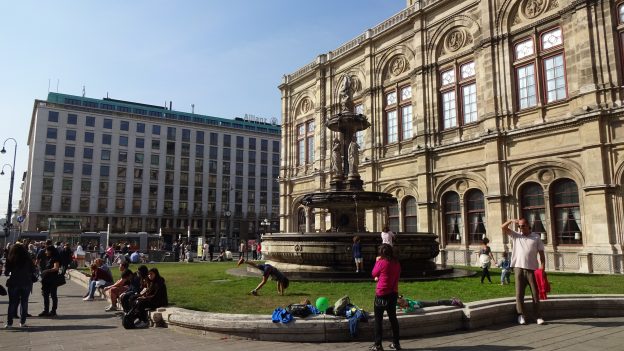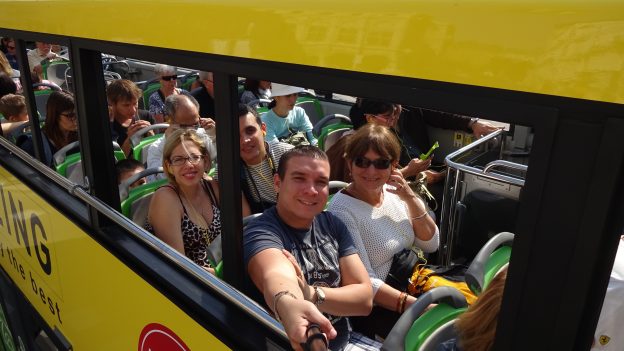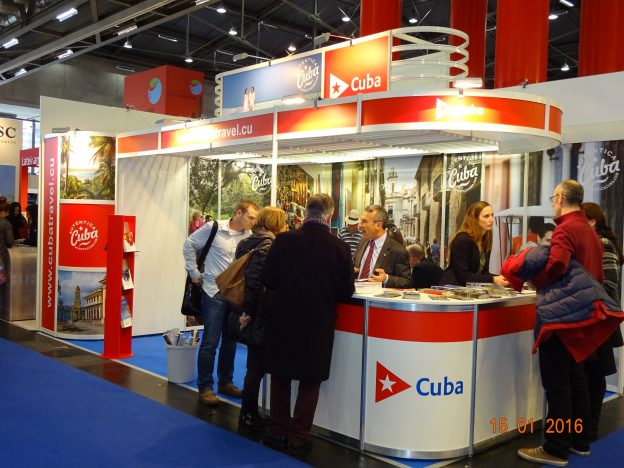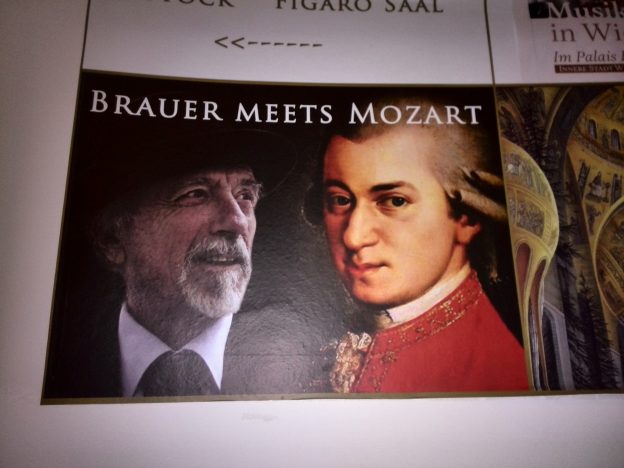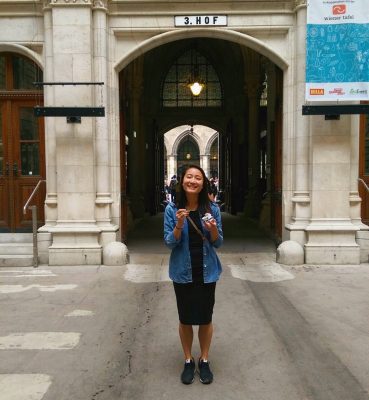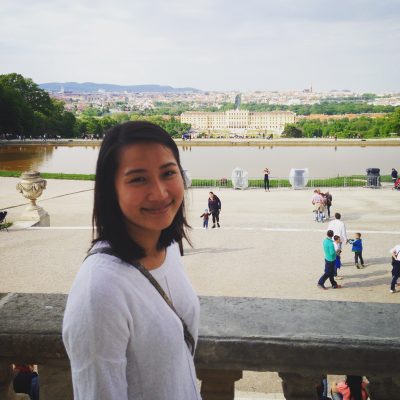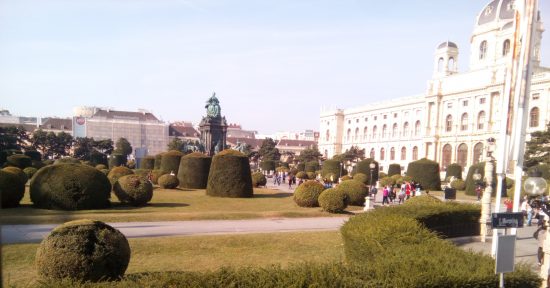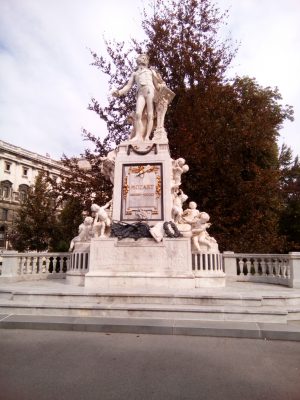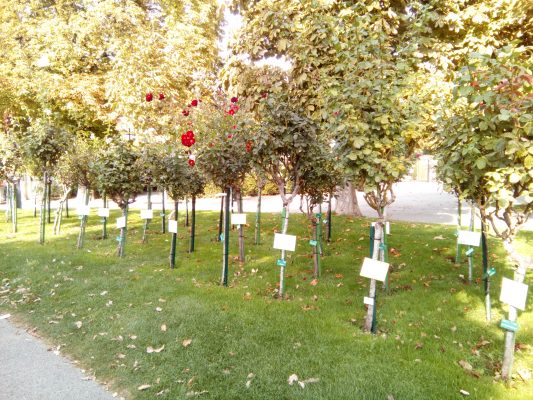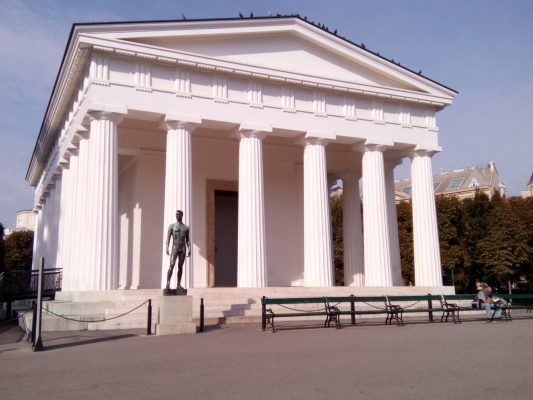Although the nights in Vienna at the moment may be chilly, calling for a more sedentary lifestyle, tomorrow, you might want to visit Neubaugasse, if you haven’t today already. Starting today at 8am, a street market is taking place in Neubaugasse. On both sides of the street, you can find all different kinds of eateries as well as stands/ tents/ shops of different kinds such as second-hand clothes, vinyls, household items, and self-made accesssories. It stretches for about a few blocks, and I recommend to start your way at Mariahilfestrasse. There are many people who clearly found this market as enticing, so don’t be surprised if you bump into people you know and or just super crowded. Also a tip for those who are looking for a cheap dirndl or lederhose, you might get lucky, I saw one stand that sells them for less than 40 euros. Of course if you are looking for somewhat better quality they are there as well.
I thought it is a cool opportunity particularly for exchange students or those who just arrived in Vienna, looking to furnish their rooms and trying to fill up their closets (which I am sure a lot of you are).
At last, I wanted to point out this one particular tent, called Horsefeather located between Burggasse and Mariahilfestrasse. It’s a black tent near the restaurant Happy Vietnam. If I read their German sign correctly, in addition to regular products you can find in stores, they also sell products from design students in Vienna.

